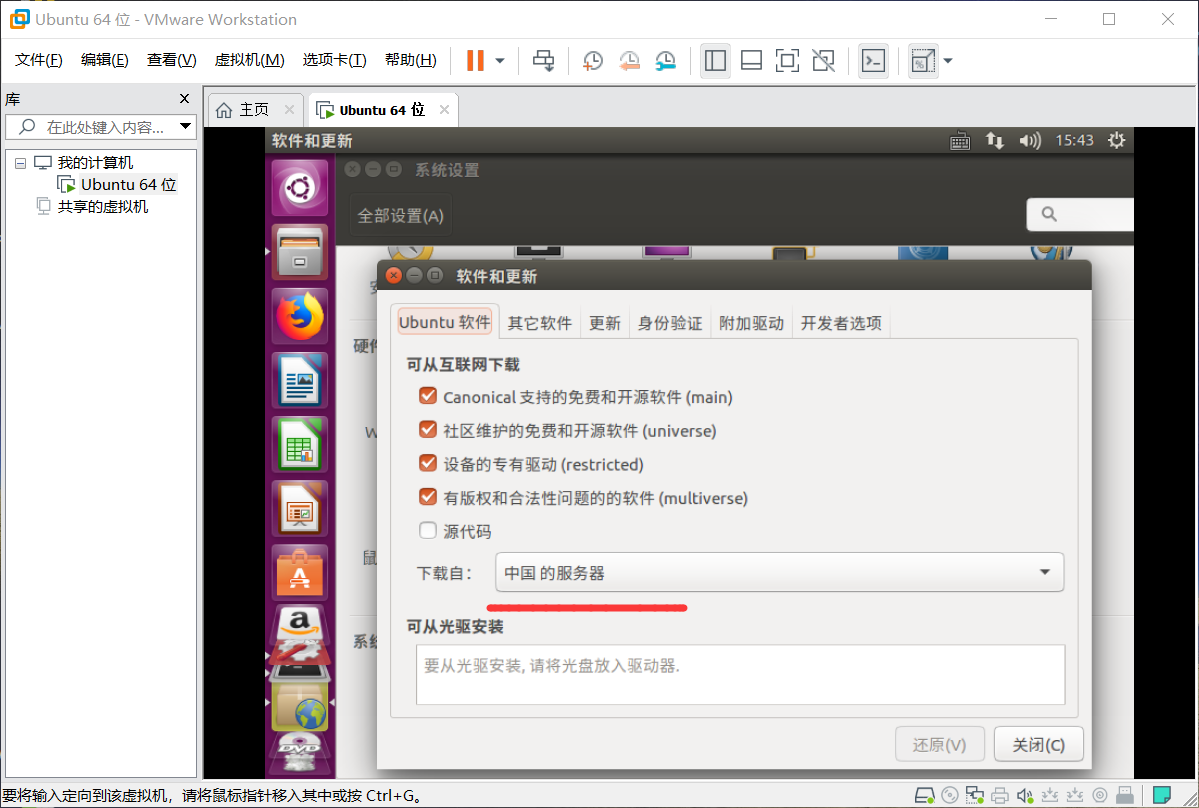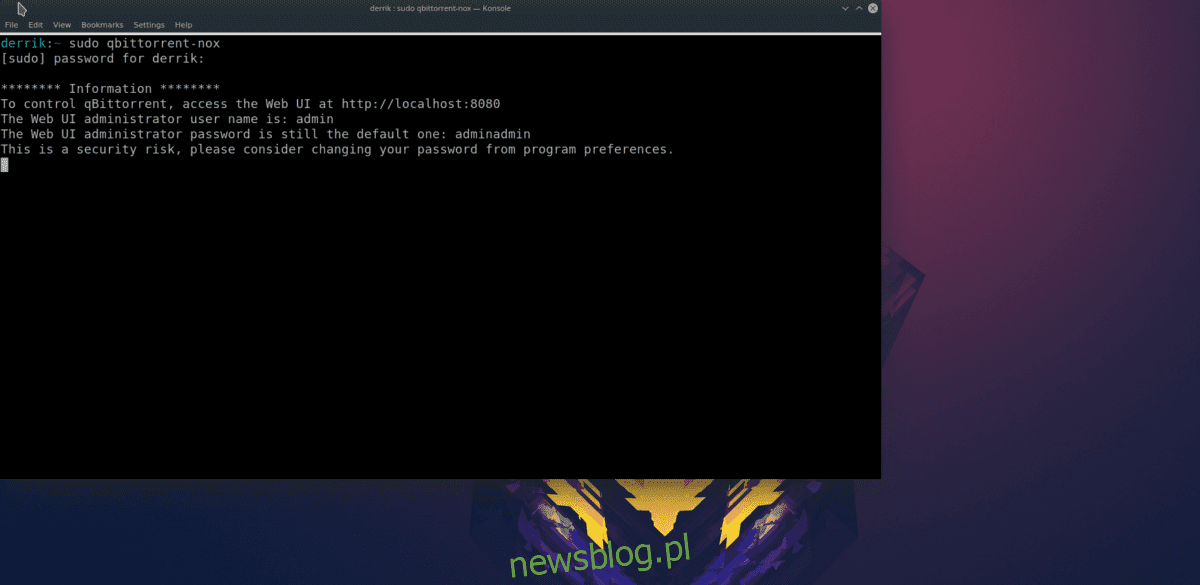
Those are the users your qBitTorrent client has connected to or "knows about" through its Peer Exchange network. Secondly, you may not see accurate numbers for all available download sources in qBitTorrent as soon as you add a file.Įach search function seems to seek hints for a file's existence in your existing network of BitTorrent nodes. Firstly, it won't always show all the files you'd find at such a site. Using qBitTorrent's search function to locate what to download is undoubtedly easier than visiting individual sites.

QBittorrent Search Plugins: Easier, but Not Perfect

Especially in the case of qBittorrent, you can extend it with plugins that can search in many popular sites' databases. Instead, you can use the search function that comes with your BitTorrent client. Thankfully, nowadays, you don't have to visit such sites. And they may even obfuscate the magnet links, diverting them for ad clicks. They also usually run questionable JavaScript code in your browser. The most popular sites where you can find such links are littered with ads of scantily dressed people too eager to meet you in person. Unfortunately, they're a great idea ruined by piracy and malicious users.

"Magnet links" are small bundles of data that "inform" the BitTorrent client about a torrent's name, contents, and potential locations for jumpstarting its download. Actually, there are many more than one such point: they're the sites where users seek what's known as "magnet links". Despite BitTorrent being a decentralized peer-to-peer network where users exchange data, it still has a weak central point.


 0 kommentar(er)
0 kommentar(er)
